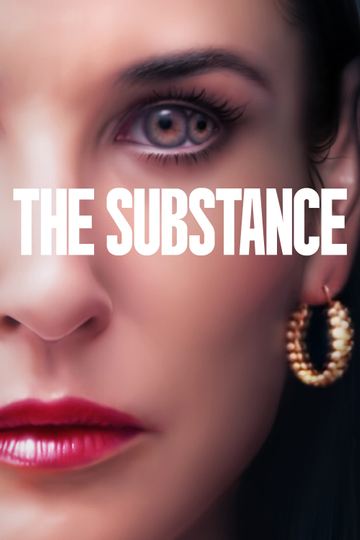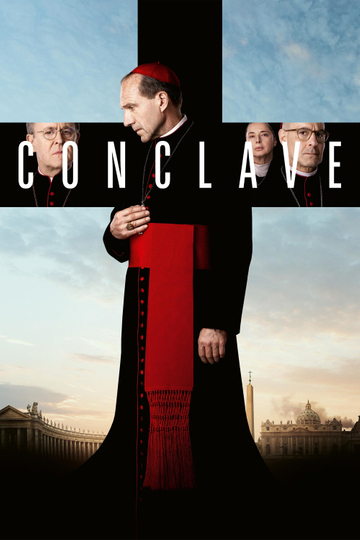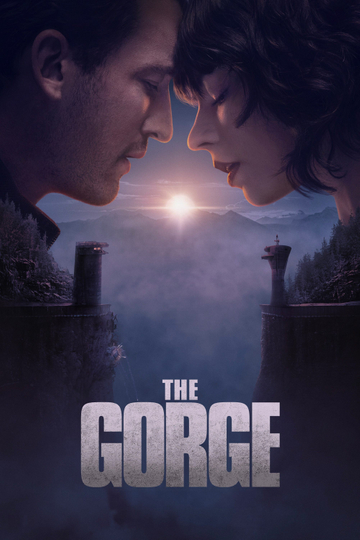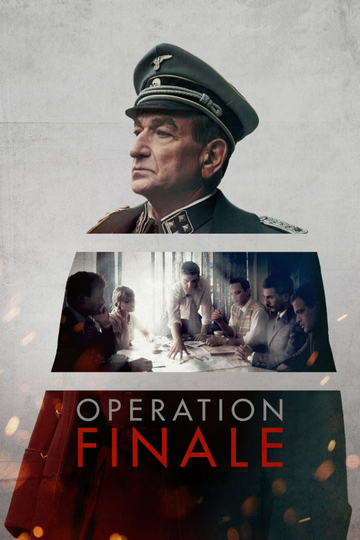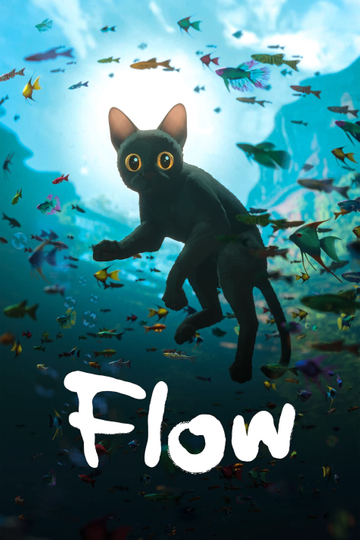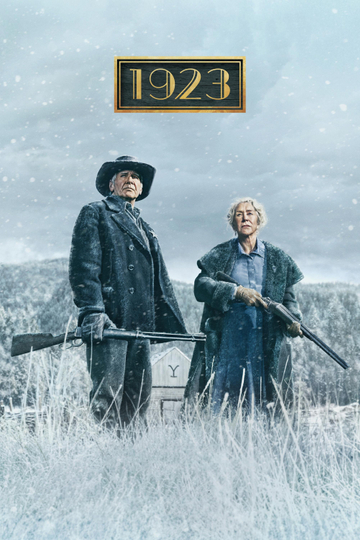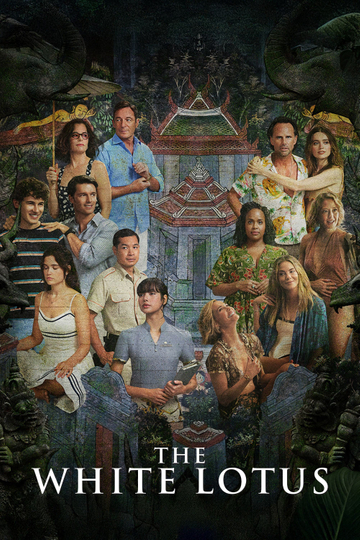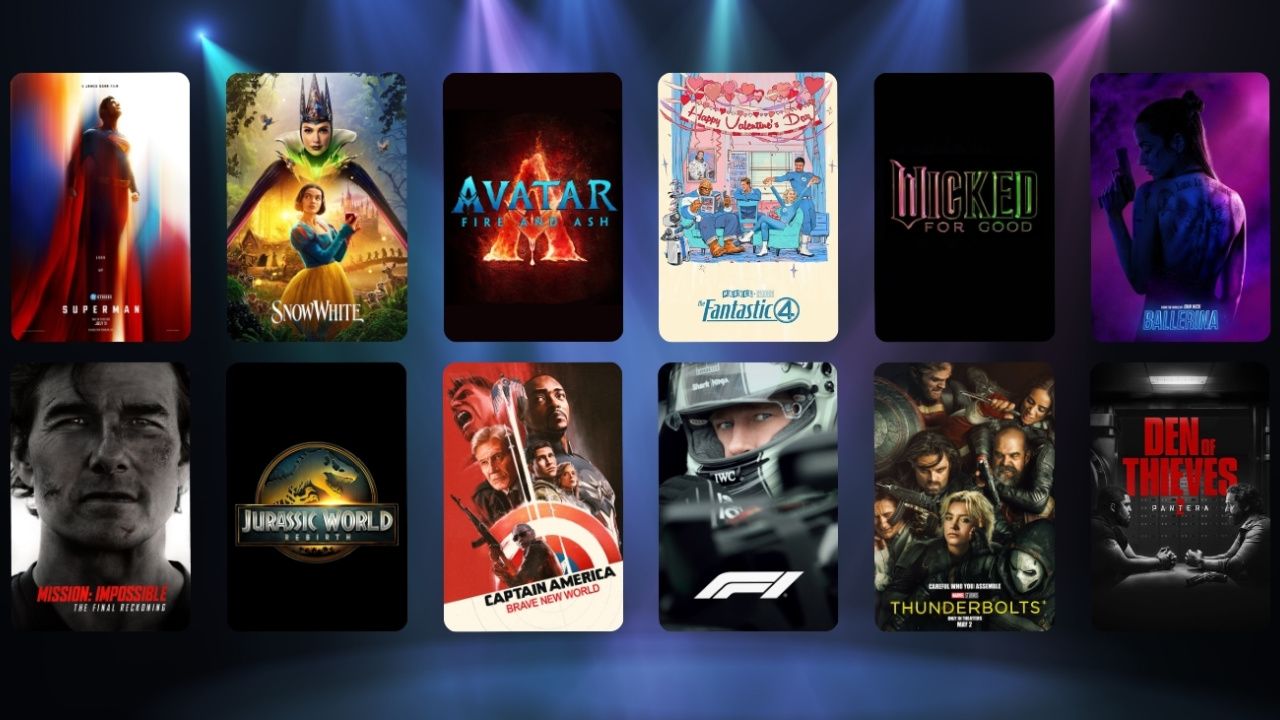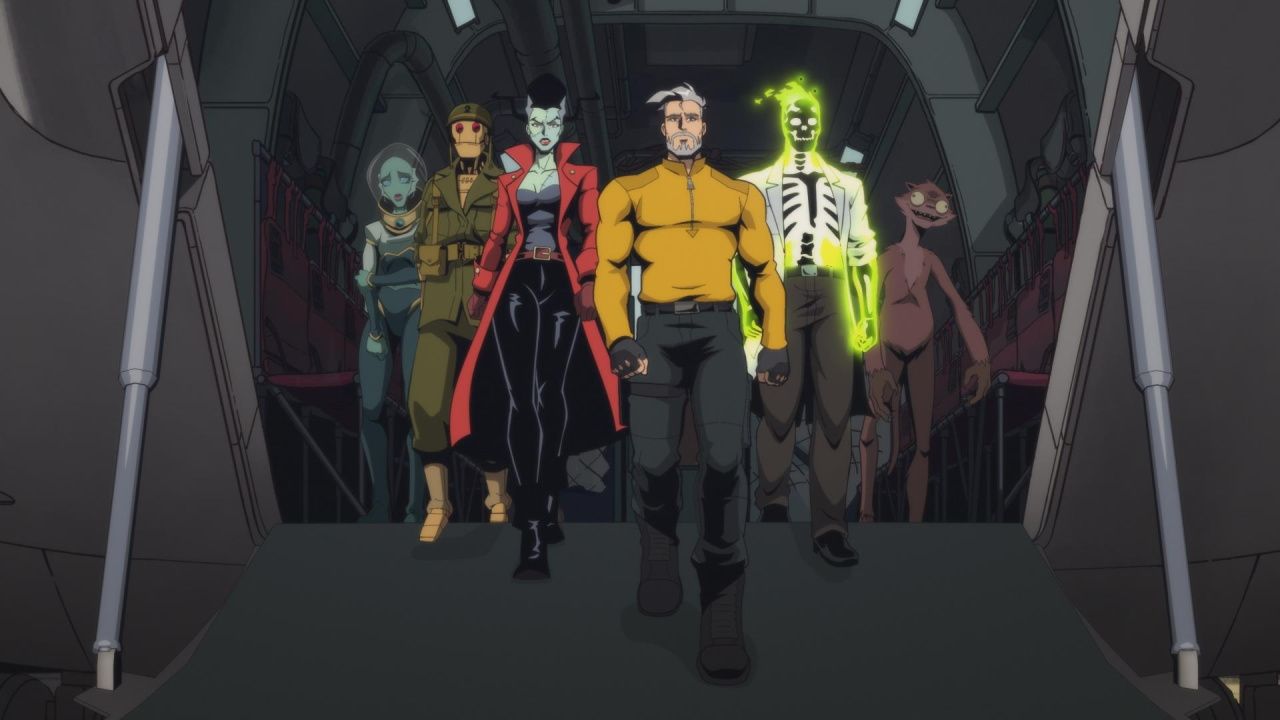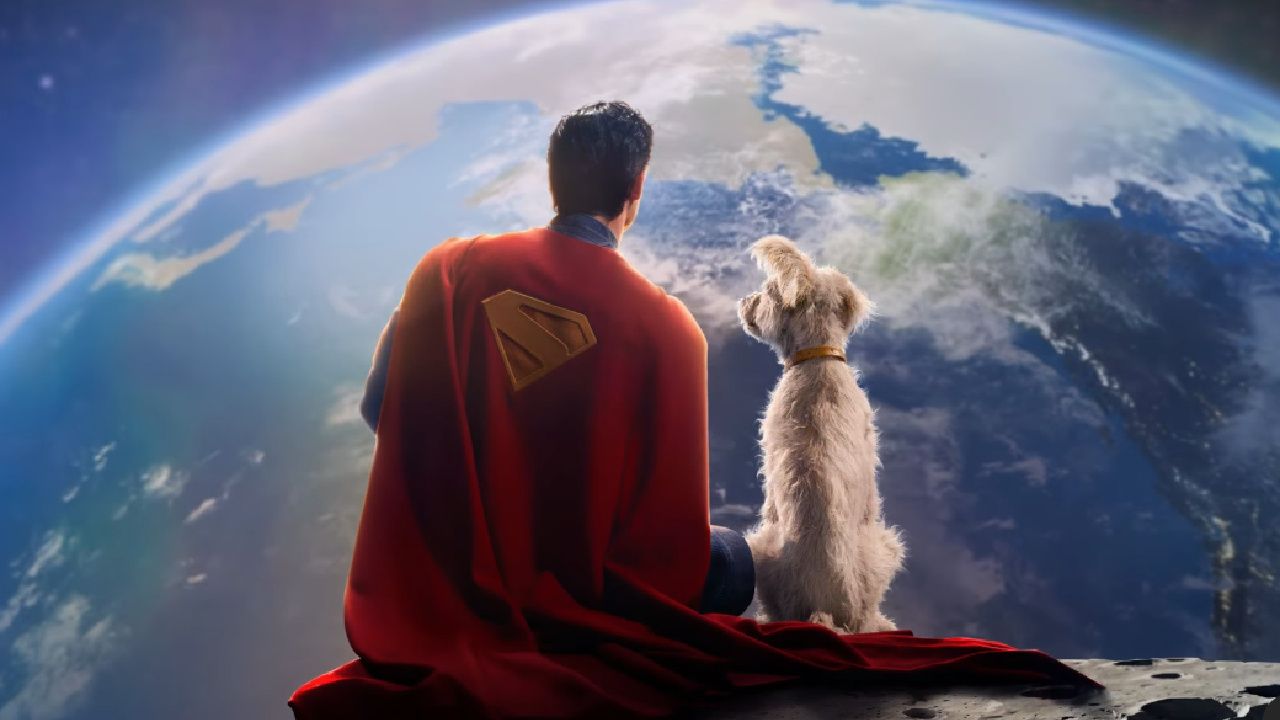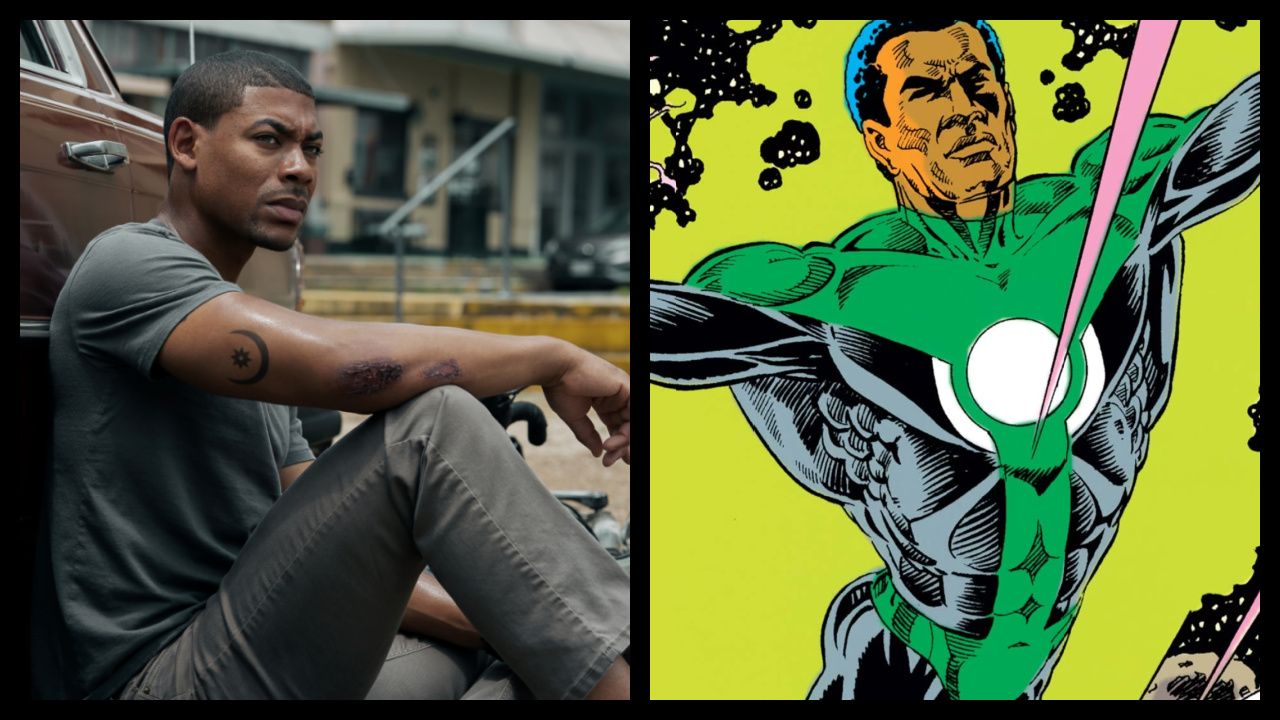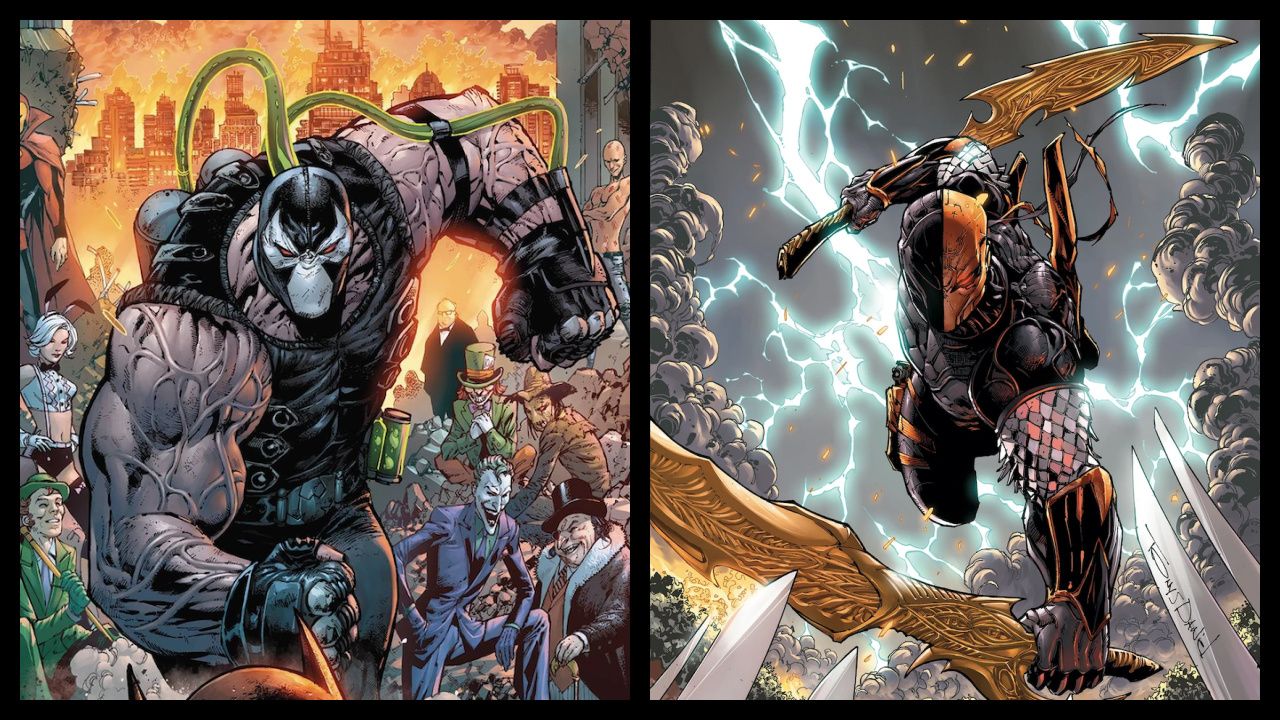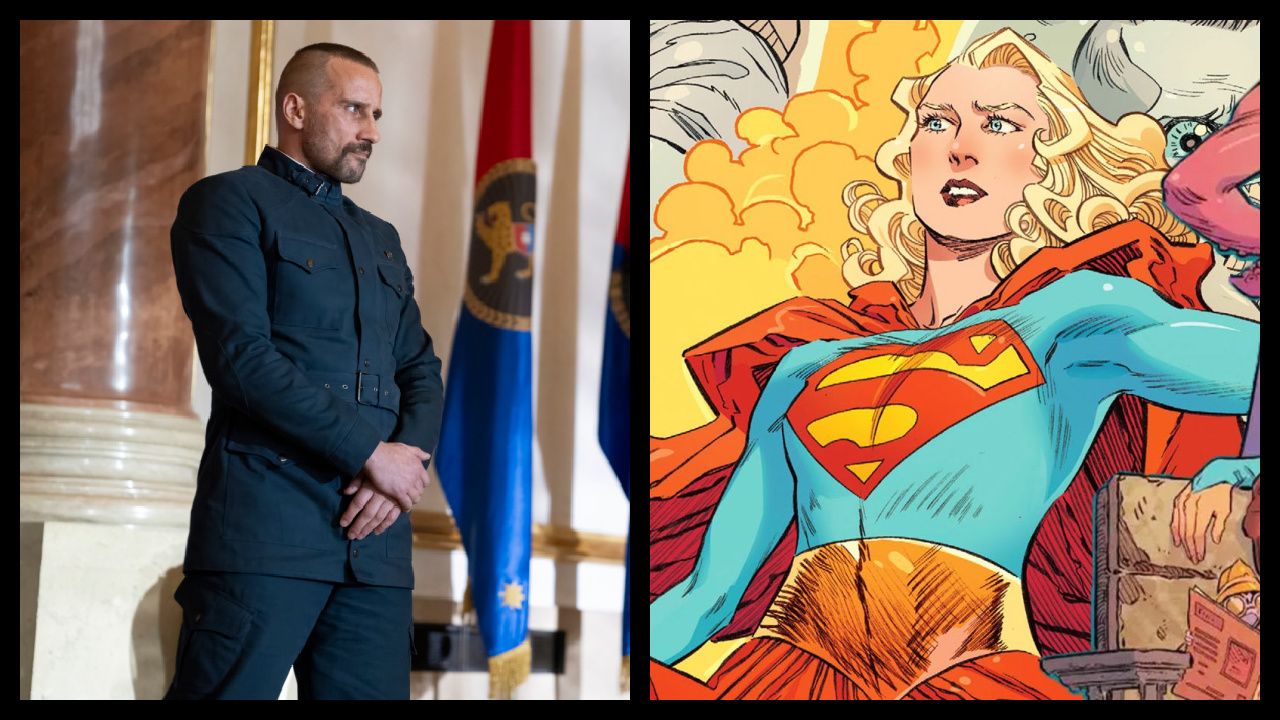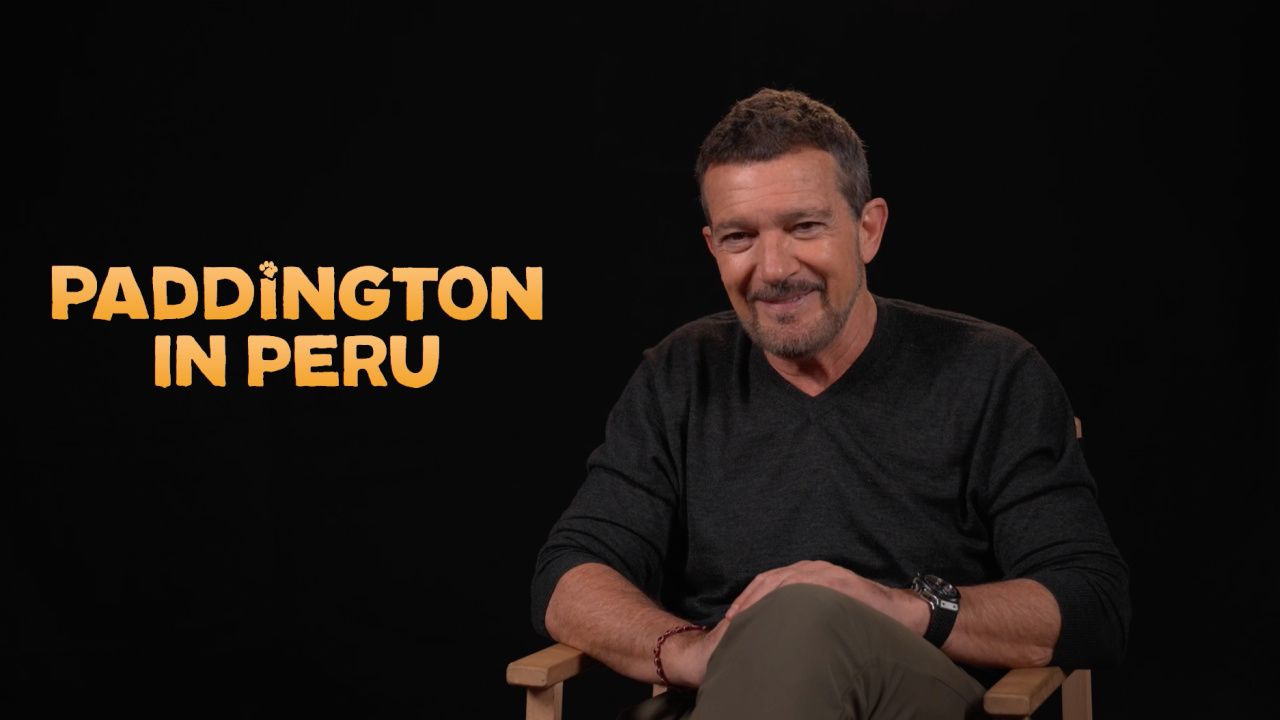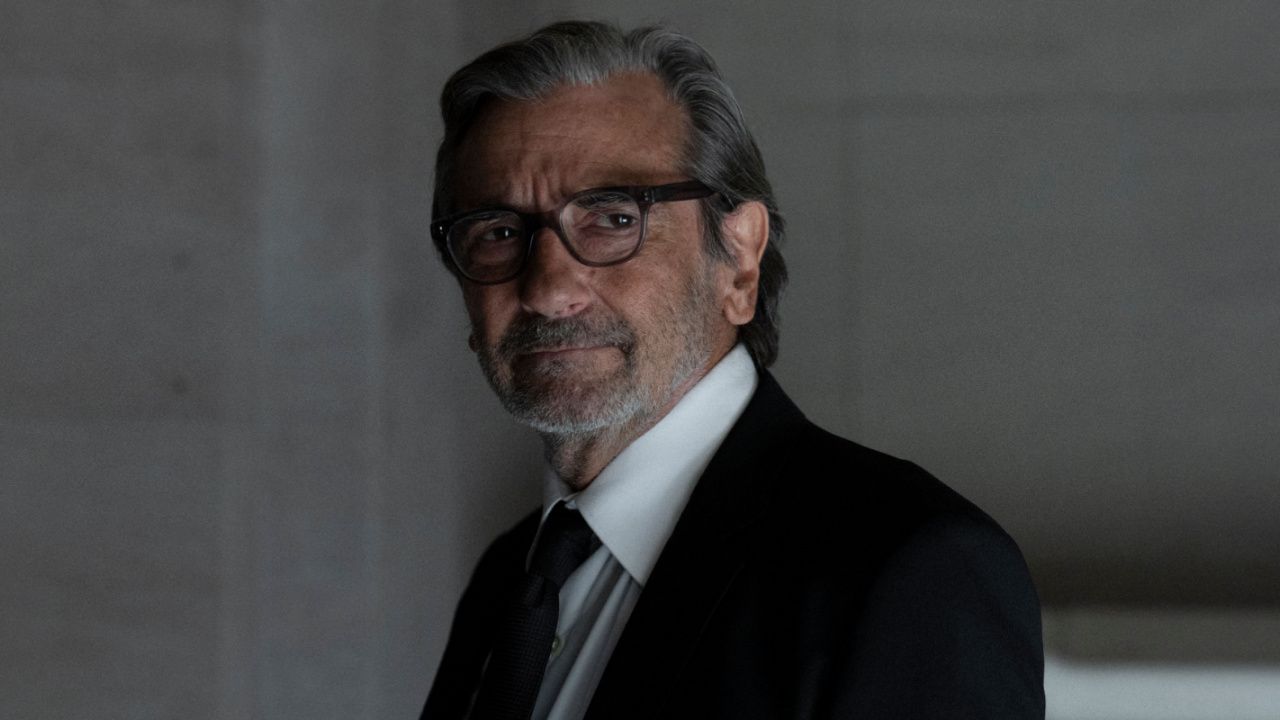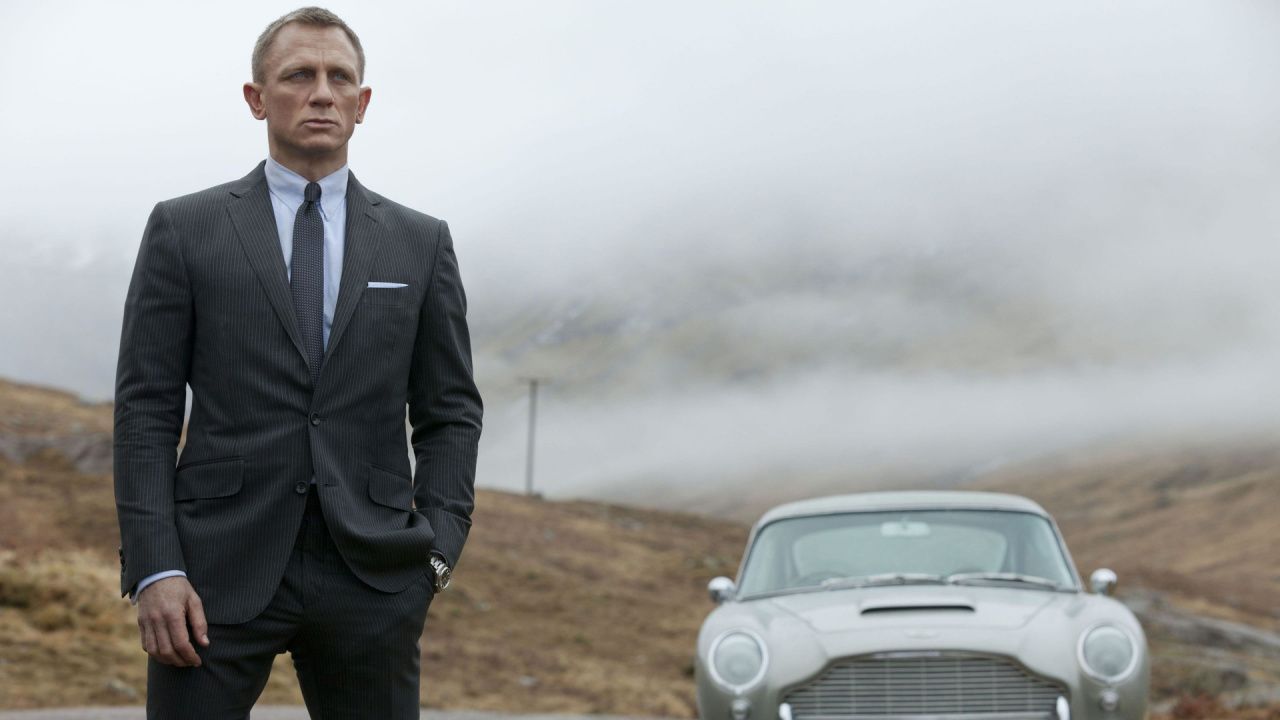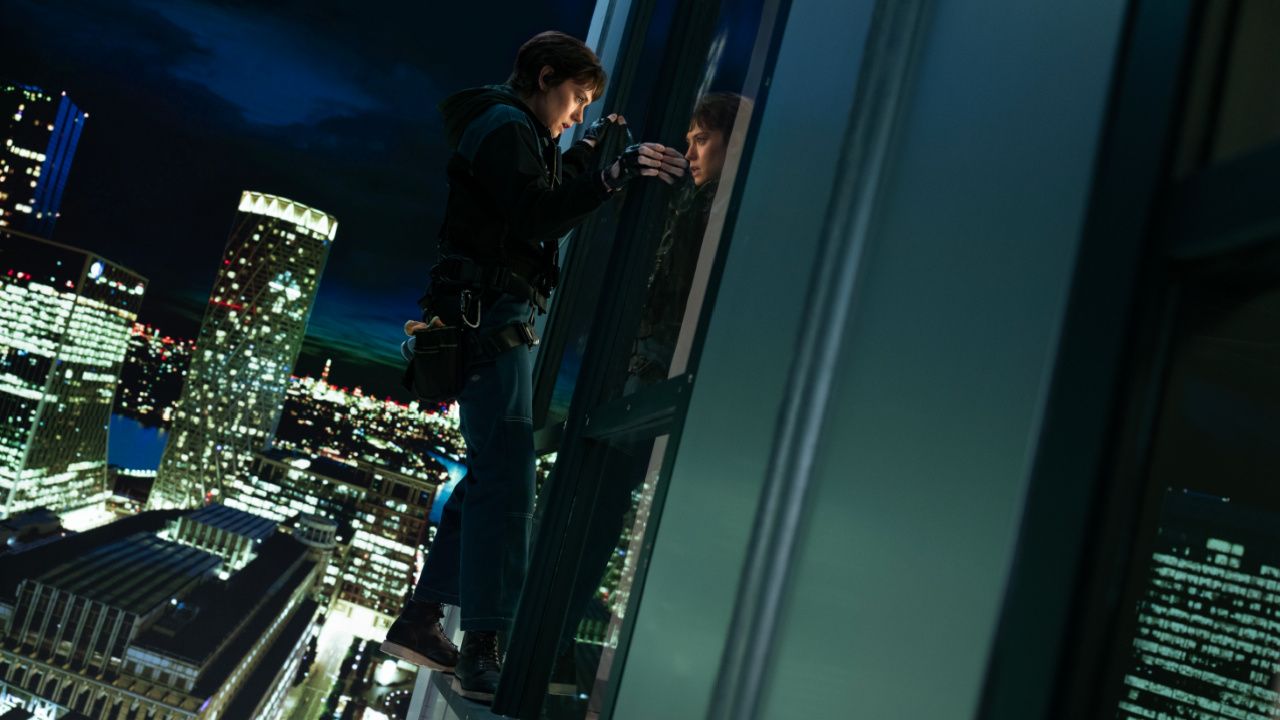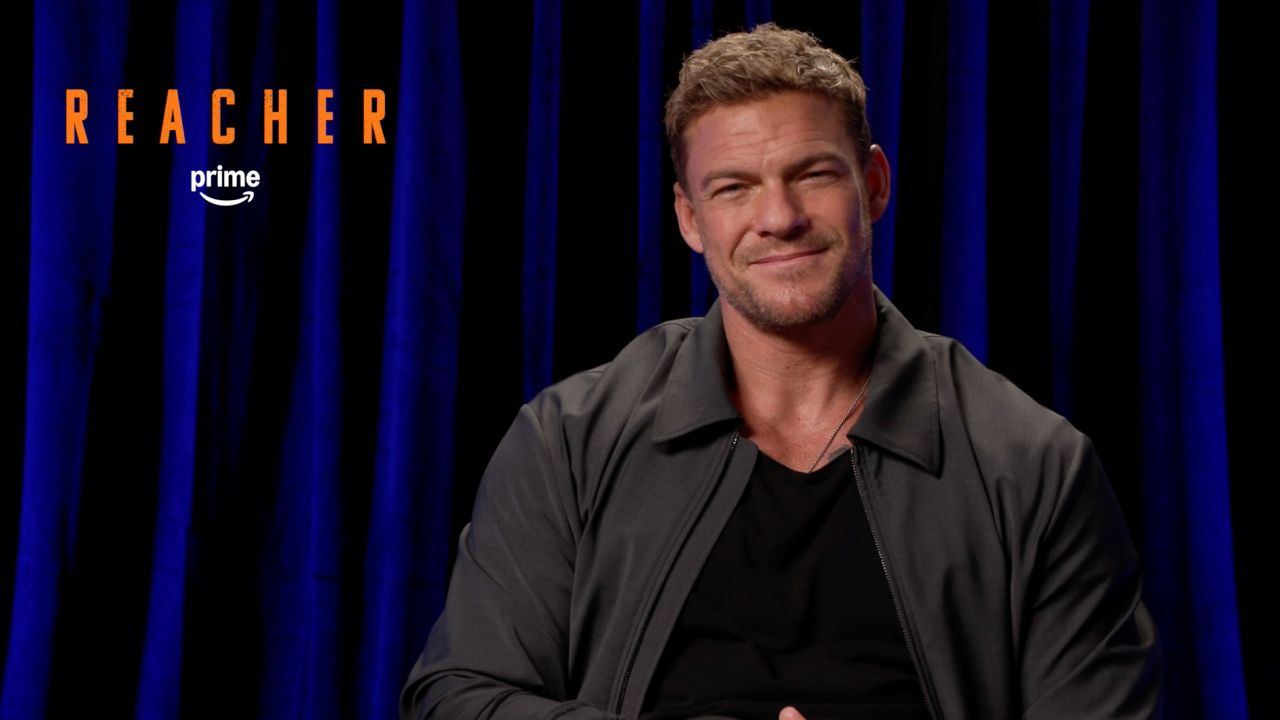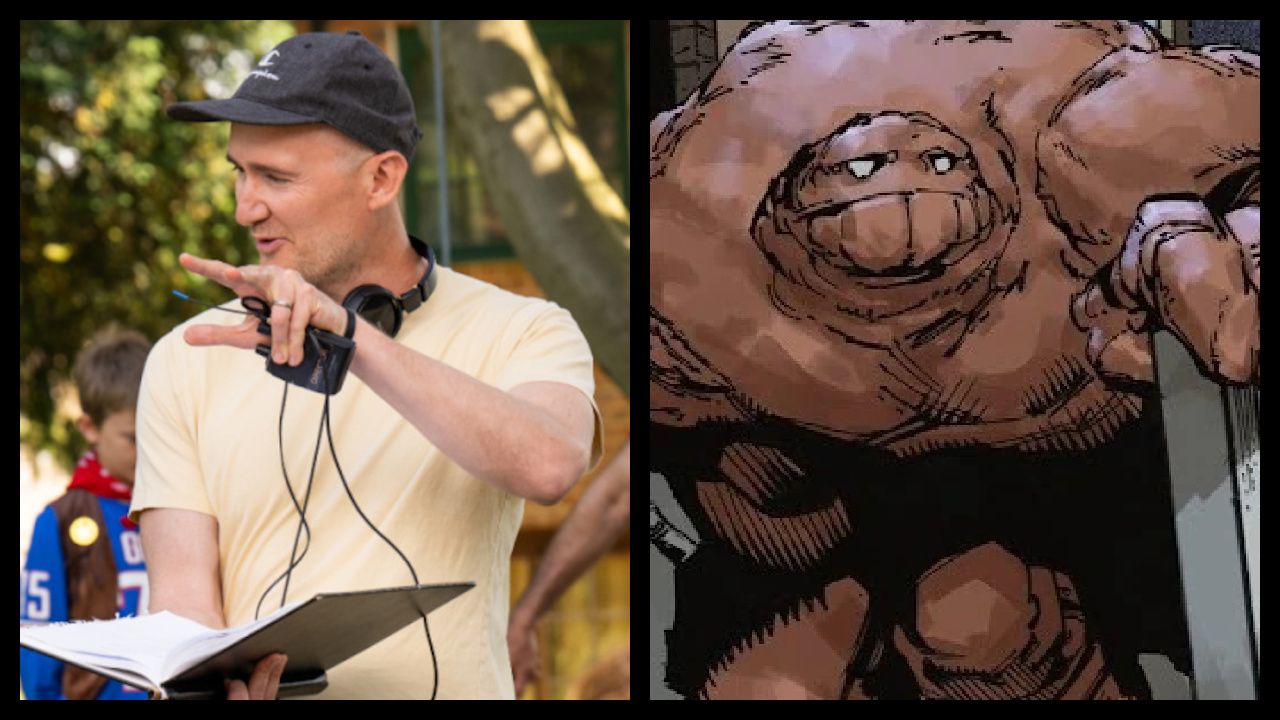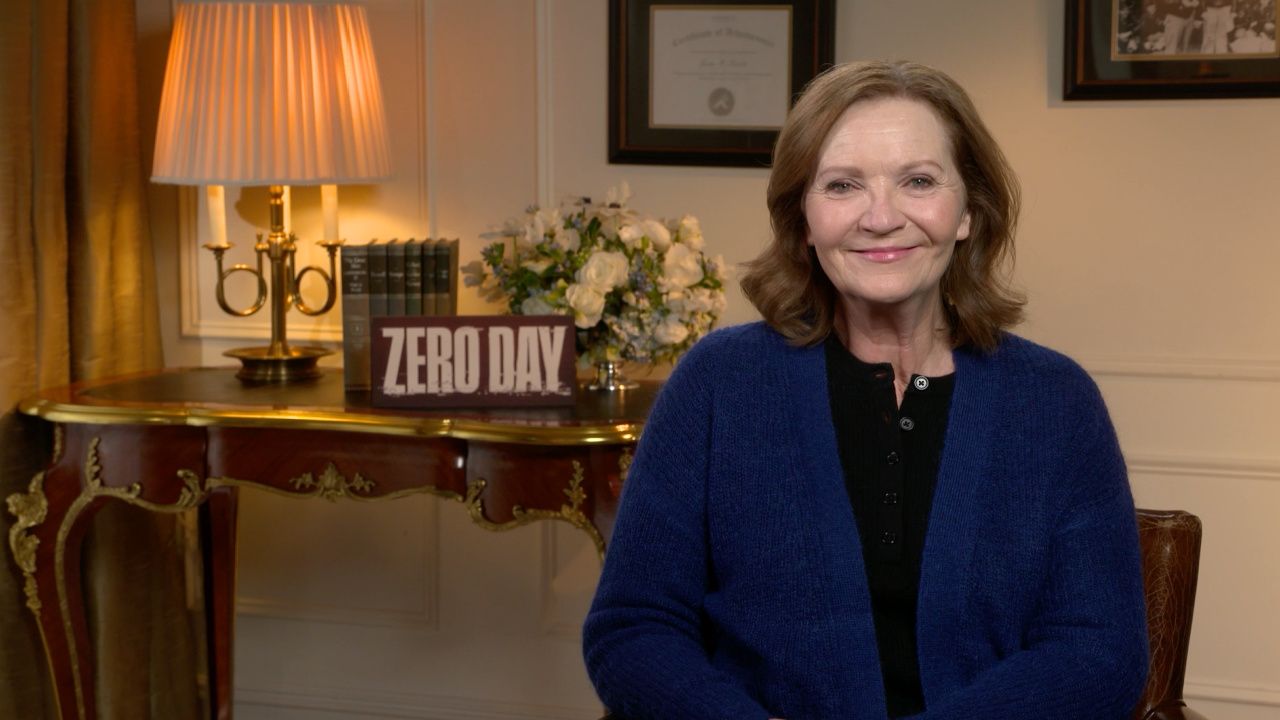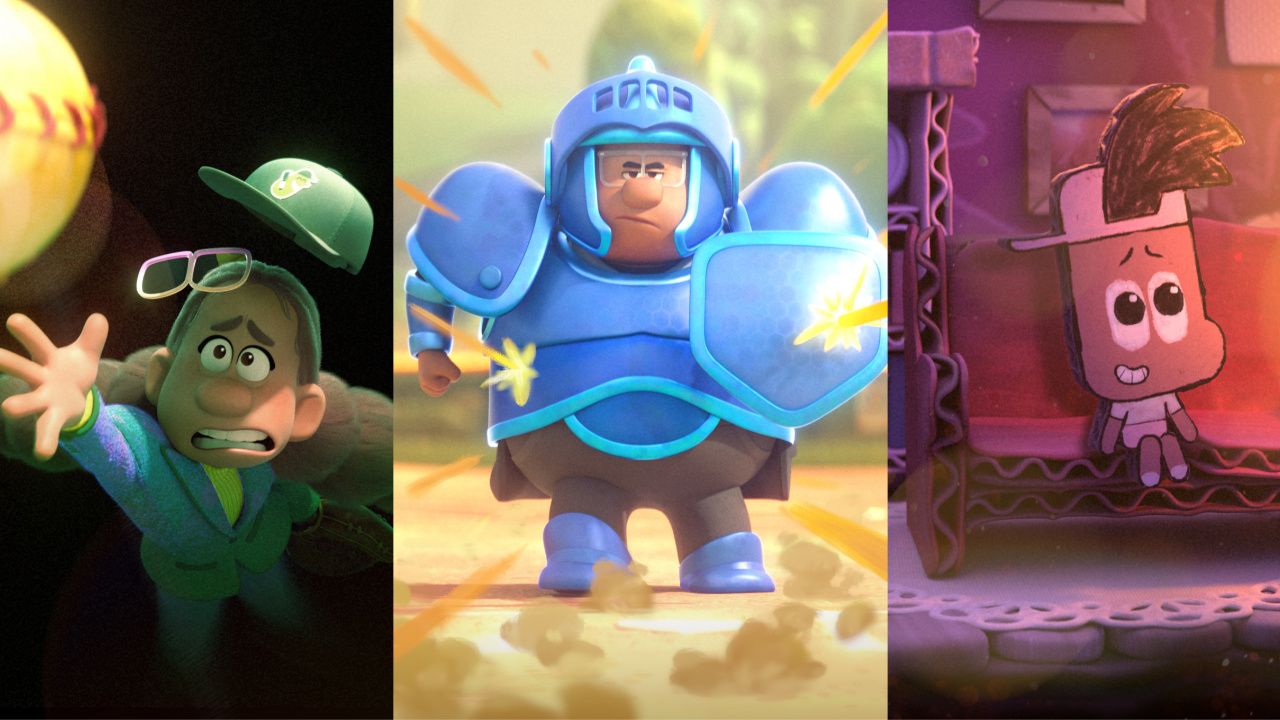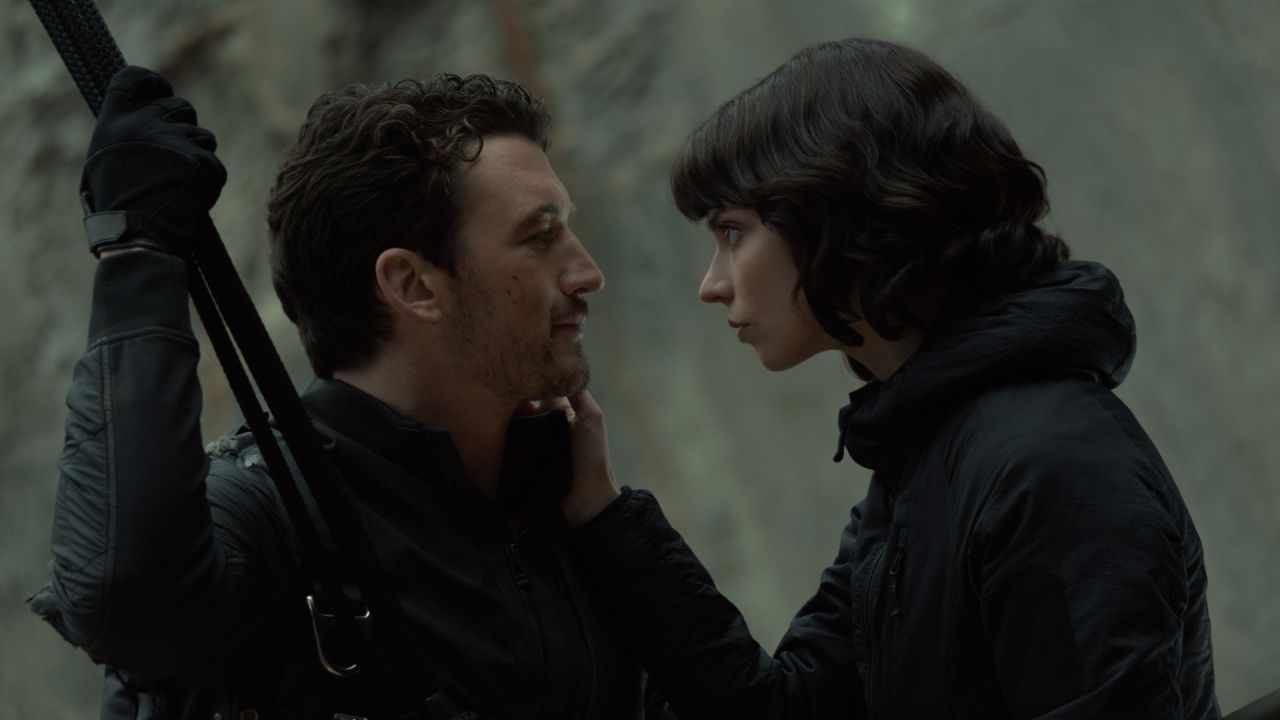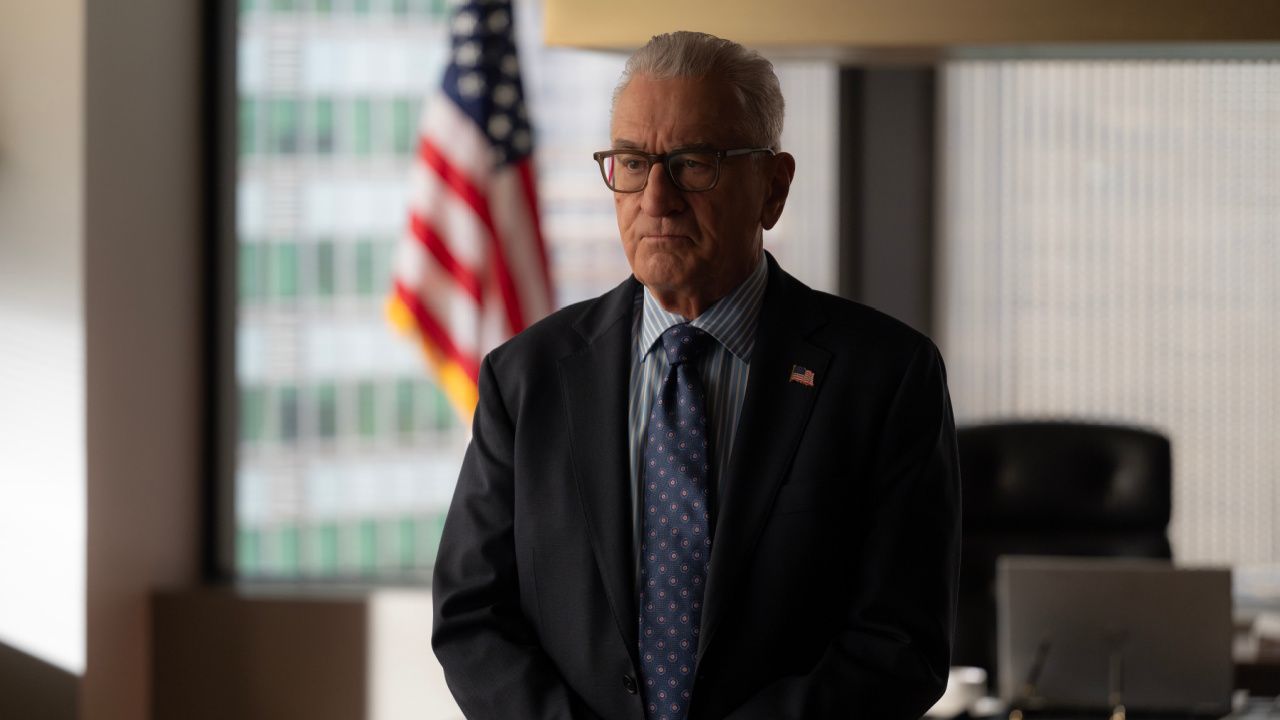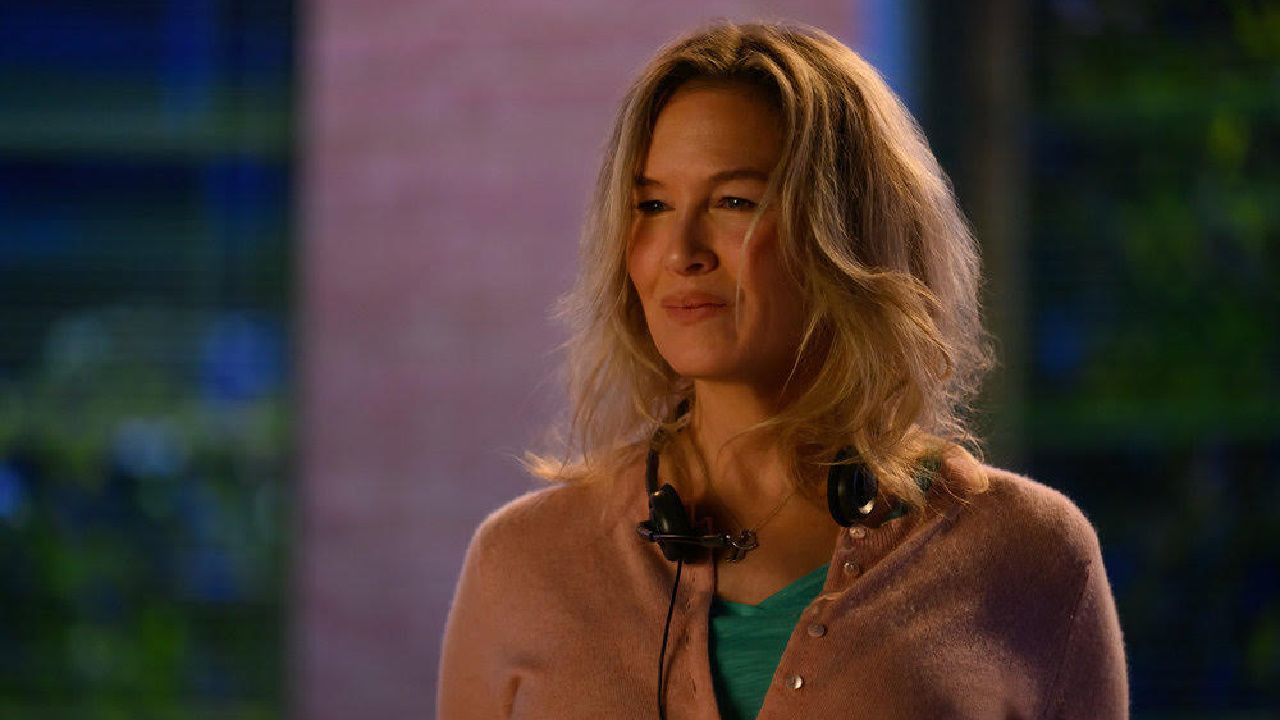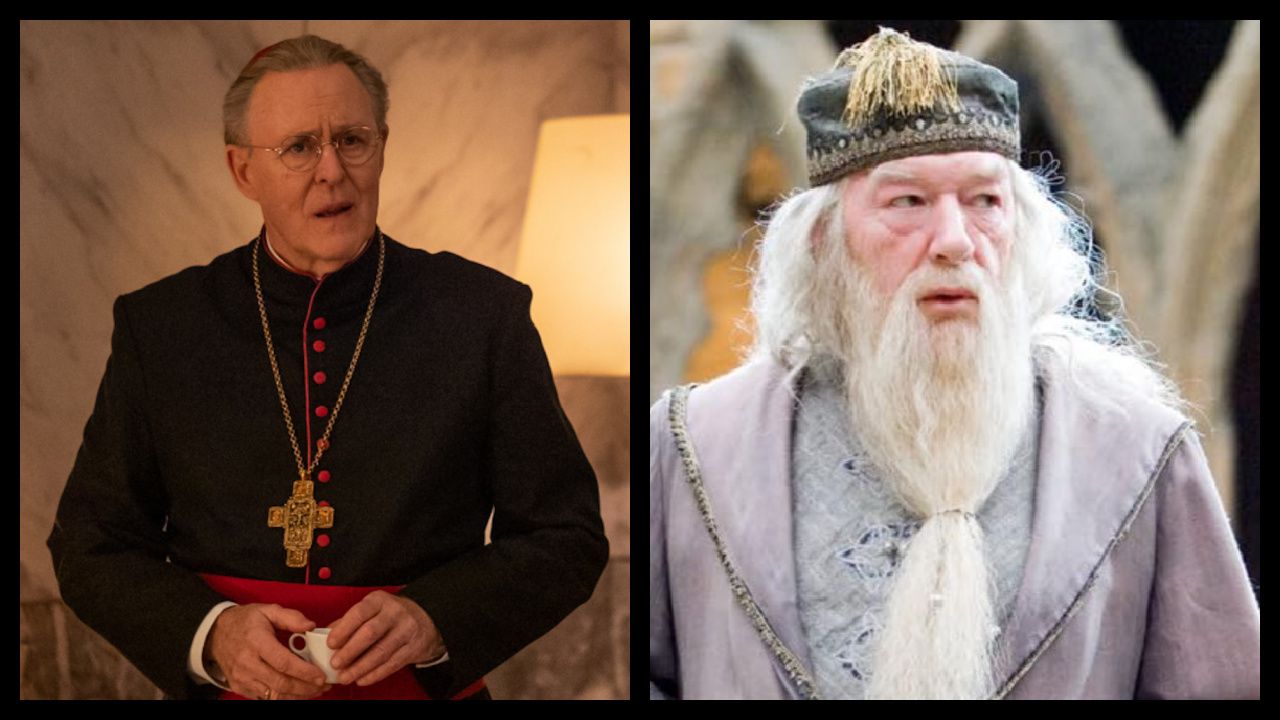'Legends of Tomorrow' Star Brandon Routh Wants to Go Full 'Game of Thrones' This Year
In what way is The Atom, the shrinking superhero of "DC's Legends of Tomorrow," just as powerful as the mighty Superman? Brandon Routh, who's flown miles in both of their boots, has the answer: optimism.
With a third season of The CW's raucous, anything-goes super-team series now underway, Routh's Tiny Titan has emerged as a stalwart among the mismatched do-gooders, someone whose positivity, despite occasional bouts of self-doubt and overt nerdiness, has enabled him to emerge as the moral heart and soul of the team, much like a certain Man of Steel, says Roth (a role he notably took flight in for 2006's "Superman Returns"), as he sat down with Moviefone to take a look at the current state of Ray Palmer - and his own burning desire to play in his personal favorite genre: swords and swashbuckling.
Moviefone: What got you excited when you heard the architecture of the plans for Ray this season? What felt fresh and sort of creatively challenging for you to take? Take on with him?
Brandon Routh: Well, comedy aspects, I think, was the biggest thing for me, knowing that, that originally, Ray was brought into Arrow was so that he was to be the comic relief. Coming off "Partners," a sitcom that I did with Warner Brothers and CBS, that's what I wanted to do. I would have done that show for a very long time! Or another sitcom.
At first, kind of, I was like "Arrow? That seems like a very heavy show." But true to their word, most of the stuff I got to do was comedy, to be the levity. And when I read the pages, seeing how passionate Ray was and kind of excited about his inventions and the fast-talking nature of him was something that enthused me to play a character like that.
You came equipped with the super hero look, but did you always want to lean into the comedy side of performance?
When I first moved to LA, I didn't know necessarily. My theater experience in high school had been largely comedic, so I knew that I liked that, but I didn't necessarily know that comedy was going to be the thing that was going to be my favorite or that I was going to be most adept at, originally.
But my first job ever was on a sitcom. I said five words in five lines, but the live studio audience and just that whole process of the theater aspect of it, too, was really something that appealed to me. And I had not only the bug for comedy, but to come out and stay in LA. And to really make a go at this as a career.
Three seasons in, give me your take on Ray's place in the group, and give me your take on your own place in the ensemble and the show as a whole.
They're kind of similar. I mean, Ray parallels me quite a bit. Ray is there to be kind of the conscience of the group. And he's the audience, in many ways, the excitement level of how the audience might experience certain new encounters or new people.
And he's the glass-half-full aspect of the show, finding the positivity and turning bad stuff on it's head. And finding the best part of it, the best possible outcome because a lot of our characters come from very different background and have a very dour or sarcastic or dark sensibility, so Ray has to kind of balance out more than just one character. He's almost more on that side to balance the rest of the cynicism that can exist in our motley crew.
And I would say that our characters are definitely more cynical than our cast. We have a very lovely cast, very upbeat and positive. But I think Ray is kind of a silent leader of the group. And I would say that I don't know if I need to be much of a leader because we're all veteran actors, but I view it as kind of more like we're kind of all in it together. From my experience, I've been through the super hero thing before, so I have that little bit of experience that I can impart on our team. But now with Season Three, we've all kind of been through the Comic-Cons and all the stuff, so we're all about even.
Does he have a hurdle this season? A challenge? Something he has to overcome?
I think Ray's hurdle is going to be largely, at this point, with Zari and their differences and viewpoints about life. Both being into technology, they'll butt heads to a degree. And I think at some point, Ray starts to do more inventing and that may become a challenge with the team as he's wanting to influence current time, whatever time they're in with the technology. And that maybe puts him at odds with some of the other teammates.
I don't know if you've noticed, but have you seen that the Atom in the comics is starting to skew more toward what you're doing on the show?
No, I haven't. I haven't seen recent [issues]. Oh, the suit is changing!
To conform a little more with your look, it seems.
That's pretty cool!
To have that kind of impact must be, especially as deeply involved in comic book-related projects as you've been over the past few years, it must be kind of gratifying to leave a mark.
Yeah. That is cool. I do, I mean I appreciate that. There's a huge team that's helped make the Atom, who he is. You know, I'm kind of nothing without the amazing suit that I have that was designed by many people.
I think the cool opportunity about Ray Palmer and the Atom that I saw at the beginning, was that I wasn't playing somebody who been played by another actor before. He'd only appeared in comics, so it gave me a unique opportunity to not have anything to live up to, which then allowed me to be creative in creating him more. And also bring him to more popularity than he already had, and give him the due that he should get from comic book readers and TV viewers alike. Yeah, give the Atom his due!
Starting back with "Superman Returns" on to now, working in this particular genre and with these creators that are super-fans themselves, and mingling with the fans when you can, how has that journey affected you, changed you or changed your outlook on it all?
Well, I think I didn't really know a lot about comics before Superman. I didn't grow up with friends who read comics. There was no comic book culture that I grew up in. I read fantasy novels, and was very much into that, medieval fantasy, magic, that kind of stuff. So Superman was really the beginning of my learning about super heroes. I can absolutely see and understand now why the draw is there to create these archetypes and the create these larger than life versions of who we are. To see them live out problems and struggles and challenges in a fantastical way, so that we can talk about real political subjects and life, social things that are happening.
But it's elevated and it's not us. So you can tell the story, but not have it be too heavy, right? So you can still learn things. Somebody asked in a panel about politically, what does our show mean and does it have a message? And I think all super heroes have a message. That's why people respond to them. It's just the circumstances are super heroic, but they still have undertones of all this stuff.
And lessons can be learned about who we are as a people, as a society. Are we a warring nation, or can we be civil and communicate? So there's great value in super heroes and it's not always just fluff. And that's what I try to bring to Ray, is to maintain that: so he's not just Ray Palmer, but he's helping evolve people's minds forward to a different way of thinking and a different way of consciousness.
Even if the Legends make fun of him, he's like a rallying point for the team. His idealism is infectious.
I mean that's how I see life, most of the time! And, it's that unique quality of Superman that I am able to bring into Ray and the writers have honored that and have strength in that. Because Superman is there, and Ray, in an easier form, is there to show that we can all aspire to greatness, to see the world in a different way. To keep our head under ground all the time, we're only going to see the bad stuff. You have to pop your head up into the clouds and accept that maybe things can be okay at some point
As an old school fantasy fan, are you dying for your own "Game of Thrones" opportunity? Or your "Conan?"
Yeah [Laughs]. When I came out here, that's what I wanted to do. So while my focus was on a comedy, I wanted to be William Wallace. I wanted to do my "Braveheart!" And I actually met Randall Wallace, who wrote "Braveheart" and directed "The Man in the Iron Mask." There was a project he had a long time ago, a series of books that he has, that he was really trying hard to get that part and have that movie go. And the movie just never went.
But, yes. I am [hoping]. That's why I really enjoy the medieval episode that we did last season, the King Arthur episode, of kind of getting a glimpse of sword-fighting and doing that kind of stuff. One day, I'll have that opportunity, in movie or TV, to do it more fully.

